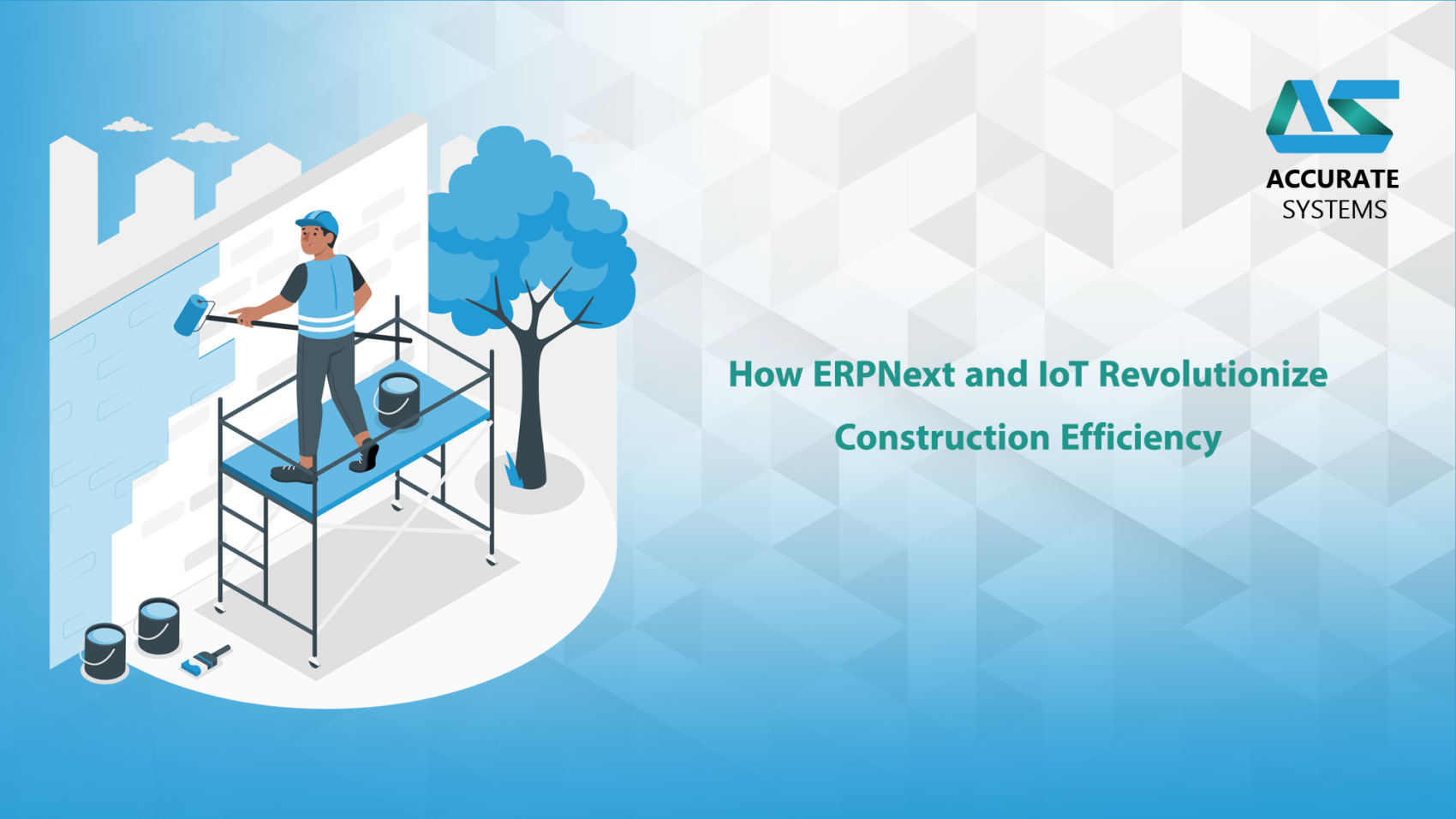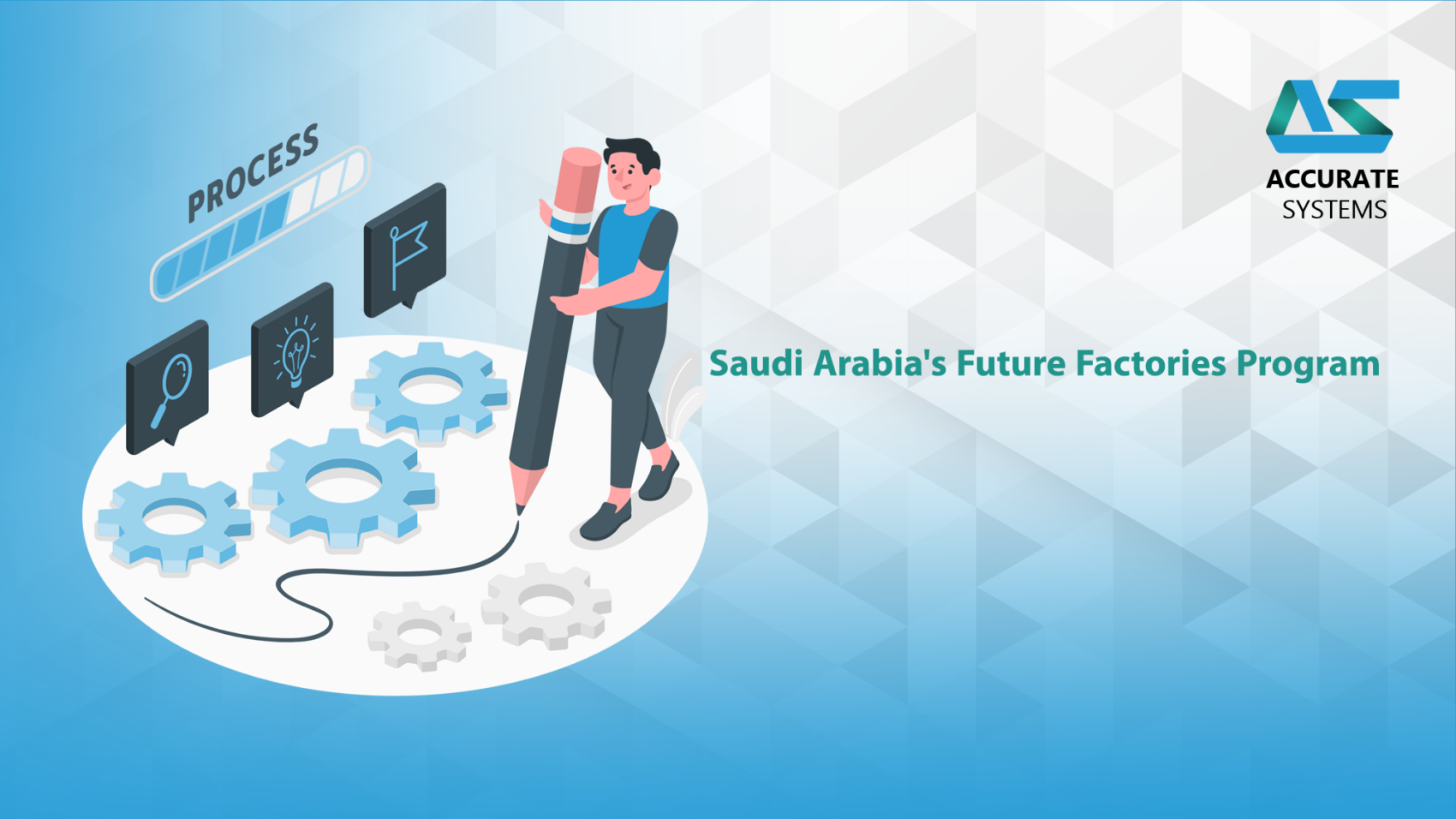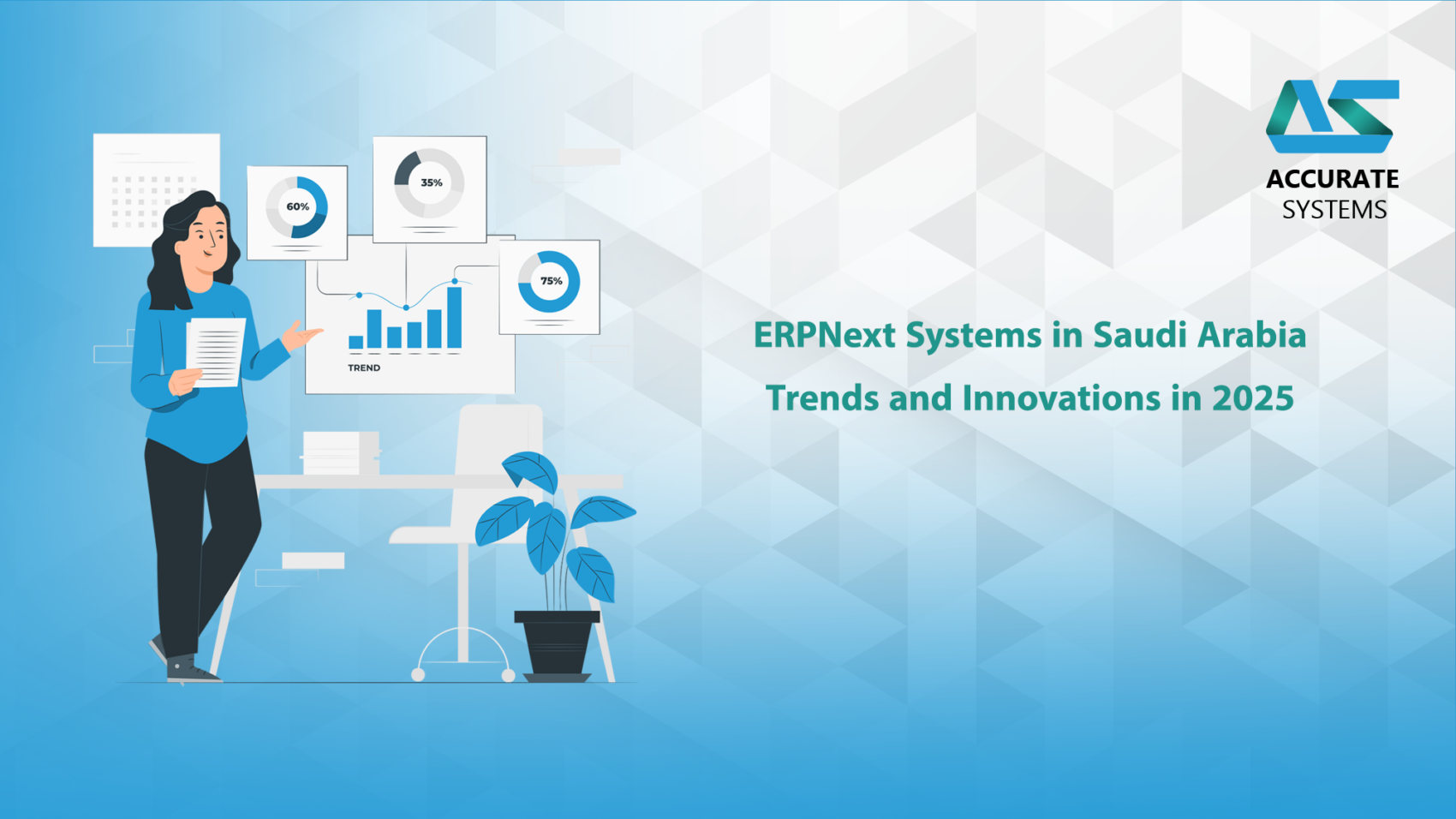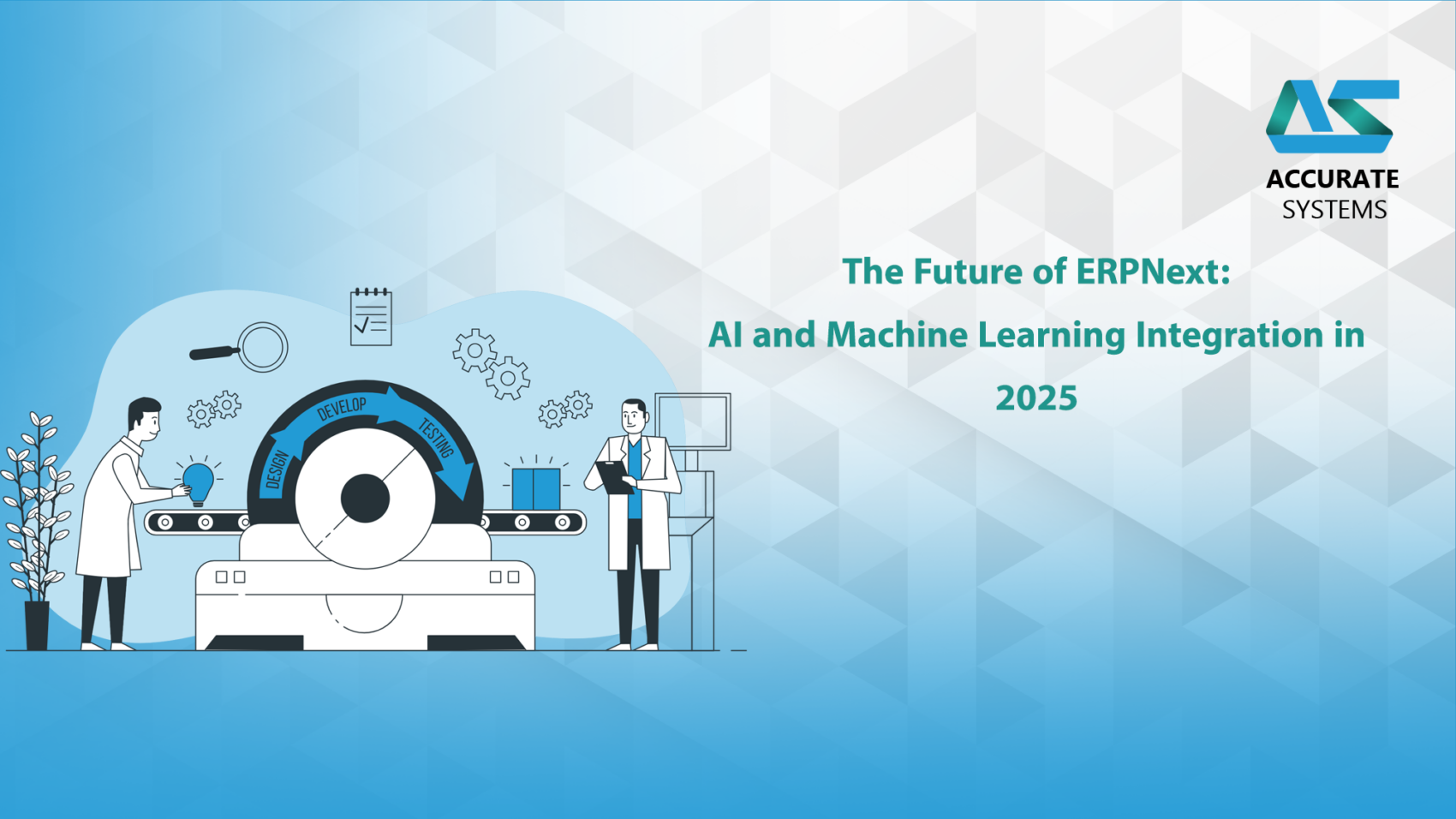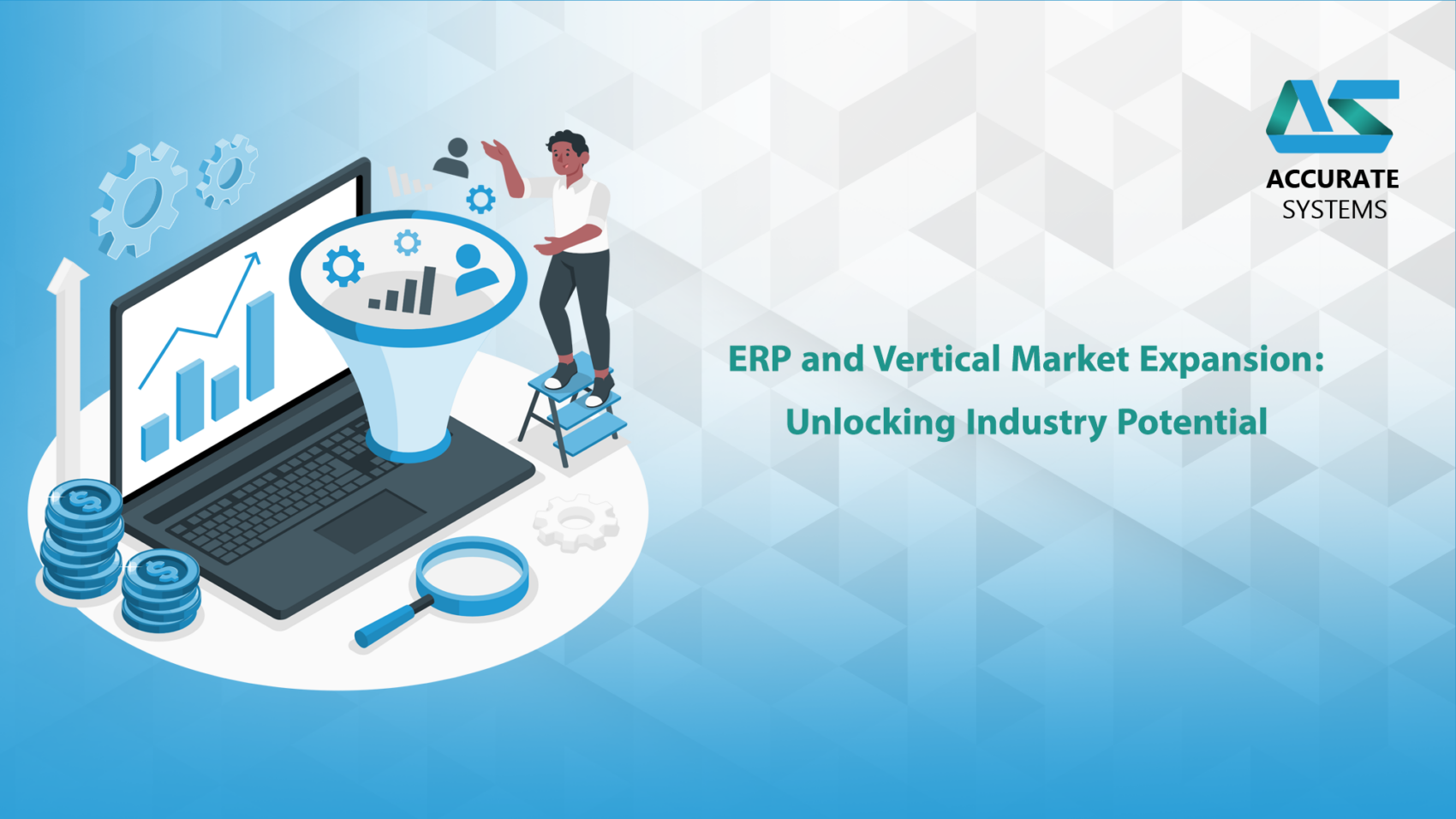The construction industry is evolving rapidly, and companies are under increasing pressure to complete projects on time and within budget. The integration of cutting-edge technologies like ERPNext and the Internet of Things (IoT) is reshaping how construction businesses operate. These tools are key to achieving greater construction efficiency, reducing costs, and improving safety across projects.
In this article, we’ll explore the challenges of traditional construction management and how ERPNext combined with IoT can transform your operations.
Challenges Facing the Construction Industry
The construction sector is critical to economic growth, especially in Saudi Arabia, where infrastructure projects are booming. However, common challenges often hinder progress:
- Inefficient Resource Allocation: Poor tracking of materials, labor, and equipment leads to wastage.
- Delayed Project Timelines: Limited real-time visibility into project progress often causes delays.
- Cost Overruns: Ineffective cost management inflates budgets unnecessarily.
- Safety Risks: Lack of monitoring tools can result in unsafe working conditions.
- Regulatory Compliance: Meeting local and international standards adds administrative burdens.
By addressing these issues with ERPNext and IoT, businesses can drive unparalleled efficiency in construction.
What Is ERPNext, and Why Is It Ideal for Construction?
ERPNext is an all-in-one enterprise resource planning (ERP) software designed to streamline business operations. Its construction-focused modules make it a powerful tool for managing projects, tracking expenses, and optimizing resources.
Key Features of ERPNext for Construction
- Centralized Project Management:
ERPNext provides tools like Gantt charts and task tracking to monitor project progress. It ensures teams are always on the same page. - Cost Tracking and Budgeting:
With automated cost monitoring, ERPNext helps control expenses by comparing actual spending against budgets in real time. - Optimized Resource Allocation:
ERPNext makes it easier to assign tasks, track workforce productivity, and schedule equipment maintenance to avoid downtime. - Streamlined Communication:
Centralized data storage reduces miscommunication, ensuring seamless collaboration between stakeholders. - Compliance Automation:
ERPNext simplifies adherence to local regulations, including those required for construction projects in Saudi Arabia.
How IoT Enhances Construction Efficiency
The Internet of Things (IoT) connects devices and sensors across a construction site to provide real-time data. This data, when integrated with ERPNext, enables smarter decision-making and improved efficiency.
IoT Applications in Construction
- Real-Time Monitoring:
IoT devices track on-site activities, equipment performance, and environmental conditions to provide actionable insights. - Predictive Maintenance:
Sensors installed on machinery detect wear and tear, alerting teams to schedule maintenance before failures occur. - Material Tracking:
IoT-enabled sensors monitor inventory levels, ensuring timely procurement and reducing material wastage. - Safety Management:
IoT wearables track worker health and detect hazardous conditions, improving workplace safety. - Asset Tracking:
GPS and RFID technologies help track the location of equipment and materials, ensuring nothing gets misplaced or stolen.
The Benefits of Combining ERPNext and IoT
The integration of ERPNext and IoT creates a powerful synergy that addresses the unique challenges of construction management. Here’s how:
1. Improved Decision-Making
IoT devices provide real-time data that is directly fed into ERPNext. This enables managers to make data-driven decisions, reducing delays and improving project outcomes.
2. Enhanced Visibility
With a 360-degree view of project progress, resources, and costs, ERPNext ensures managers stay informed at every stage.
3. Increased Productivity
Automation of repetitive tasks through ERPNext and IoT frees up your workforce to focus on high-value activities.
4. Risk Mitigation
Predictive analytics based on IoT data helps identify risks early, enabling proactive management.
5. Cost Optimization
By minimizing wastage and downtime, the integration of ERPNext and IoT ensures efficient resource utilization, keeping costs under control.
Why Choose Accurate Systems for Construction Efficiency?
Accurate Systems is a trusted partner in digital transformation, specializing in ERPNext and IoT solutions for the construction industry. Our team of experts helps businesses achieve their goals through tailored, cost-effective solutions that improve efficiency and profitability.
Our Services Include:
- Full ERPNext implementation and customization.
- IoT integration for real-time monitoring and automation.
- Comprehensive training and support to ensure success.
Conclusion
The integration of ERPNext and IoT is redefining construction management. From improving resource allocation to enhancing workplace safety, these technologies are essential for businesses looking to stay competitive and achieve sustainable growth. As Saudi Arabia advances its Vision 2030 goals, leveraging such innovations will be crucial for the construction sector.
Start your digital transformation today. Contact Accurate Systems to learn how we can help your construction business thrive with ERPNext and IoT.

